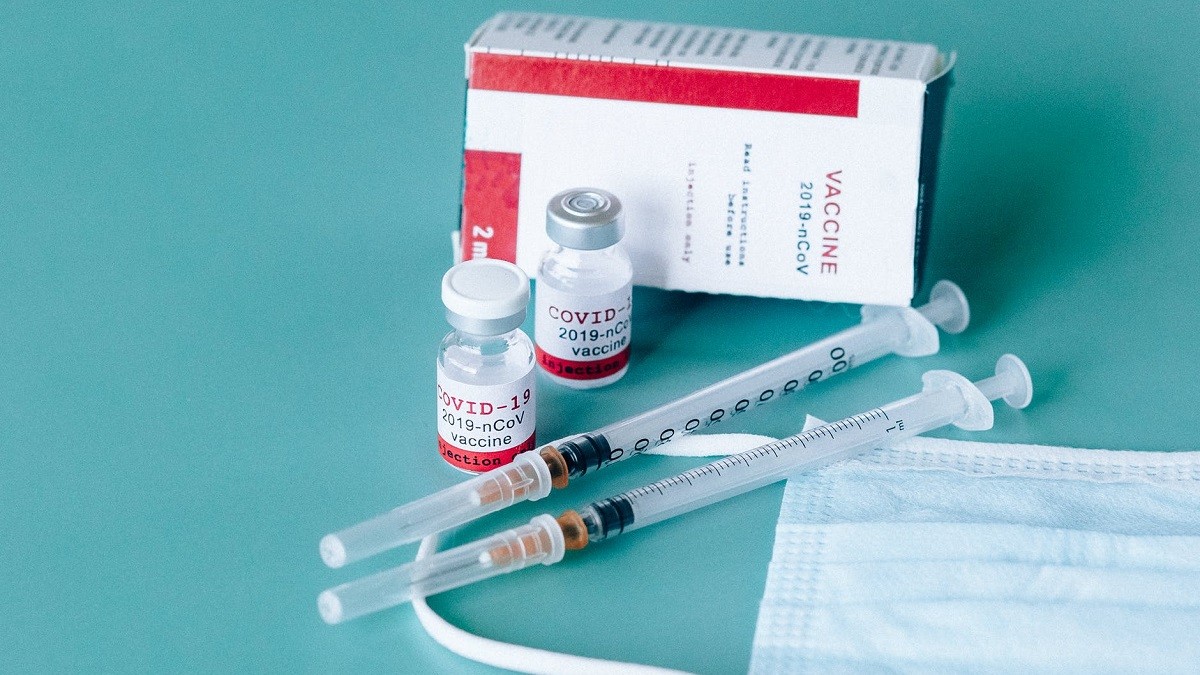Health
J&J vaccine recipients may need booster shots amid Delta variant spread

- Experts are weighing the need for mRNA vaccine “booster shots” to provide extra protection for recipients of Johnson & Johnson’s one-dose vaccine.
- The debate was prompted by the continuing spread of the more contagious COVID-19 Delta variant.
- While there is still no official data on the safety and effectivity of combining two different vaccines, it has been previously shown that two doses offer more protection.
As the more contagious COVID-19 Delta variant continues to spread, experts are discussing the need for recipients of Johnson & Johnson’s one-dose vaccine to take booster shots of the Pfizer/BioNTech or Moderna mRNA-based vaccines for extra protection.
There is still no official data on the safety and effectivity of combining two different vaccines, but a few countries have already allowed people to switch vaccines for the second dose.
While there is also not enough data showing how the J&J vaccine measures against the new variant, previous UK studies have shown that two doses of either the Pfizer/BioNTech or AstraZeneca vaccines provide more protection.
The CDC and the WHO have previously stated that there is still no significant evidence of declining protection from the vaccines that would necessitate the administration of booster shots.
With 56% of the US adult population fully vaccinated, cases, hospitalizations, and deaths have plummeted.
Still, some infectious diseases experts have already received booster shots.
Jason Gallagher of Temple University’s School of Pharmacy received the J&J vaccine in a clinical trial in November and recently received a Pfizer dose at the Philadelphia vaccine clinic where he has been administering shots. He cited concerns over the lower efficacy against the Delta variant of one vaccine dose.
Dr. Angela Rasmussen of the University of Saskatchewan’s Vaccine and Infectious Disease Organization received the J&J shot in April and then received a dose of Pfizer’s this week. She also urged J&J recipients to consult their doctors about a possible second shot, especially those living “in a community with overall low vaccination.”
J&J has stated that they are testing the vaccine’s capability of neutralizing the Delta variant in a laboratory setting, but there is no available data yet.
Back when more contagious variants were still beginning to spread globally, both mRNA vaccines showed efficacy rates around 95% while J&J’s vaccine was 66% effective in preventing moderate-to-severe COVID-19.
Vaccine expert Dr. Peter Hotez from Baylor College of Medicine acknowledged that another dose of J&J or one of the mRNA vaccines might provide broader protection, “but we need data and CDC-FDA guidance.”
Scientist Dr. John Beigel from the U.S. National Institute of Allergy and Infectious Diseases (NIAID) told Reuters that they are still waiting on results from a trial to determine the need for boosters. He also advised J&J recipients to wait for more data as long as case counts remain low in the US.
He said that recommendations may change in case the Delta variant drives up infections and hospitalizations significantly, but for now, Americans should still wait for more information.
Source: FOX Business
